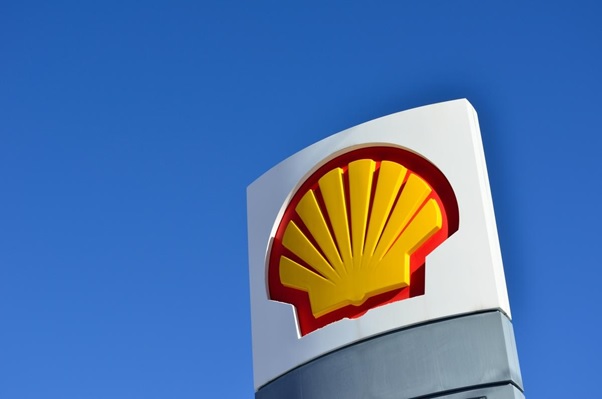How Shell Energy is Driving Innovation
Shell Energy is one of the largest energy suppliers, offering various products and services for residential and business consumers. In addition to providing gas and electricity, they also offer smart home solutions and have electric vehicle charging stations throughout the country.
Shell Energy has shown full commitment to driving innovation towards a sustainable future. The company is dedicated to reducing carbon emissions by providing affordable, sustainable energy solutions. Shell Energy’s goals for sustainability set a positive example for others in their industry. Let's look at how Shell Energy plans to achieve this.
Investing in Renewable Energy
By the year 2050, Shell hopes to have zero emissions. The company has pledged to reduce carbon emissions throughout its operations and in the fuels and energy products it offers to customers to achieve this goal.
To reach net-zero emissions, the company has refocused on clean energy. This supplier offers renewable energy verified by the Renewable Energy Guarantees of Origin (REGO), a noteworthy example of their dedication. Shell plans to invest £100 million in creating 15,000 skilled jobs while reducing emissions. With the help of this investment, the UK will have programs and centers dedicated to teaching vital skills for the energy transition.
Shell's overall objective is to hasten the UK's energy transition, concentrating on creating low- and zero-carbon goods and services like offshore wind, hydrogen, and infrastructure for electric vehicles. The company intends to spend seventy-five percent of its budget in these areas over the following ten years.
Battery Energy Storage Systems (BESS)
Shell has established significant goals to increase its capacity to produce renewable energy. Shell Energy understands the significance of creating and implementing efficient energy storage solutions to ensure a sustainable energy future. In light of this, Shell Energy is deploying various energy storage technologies to increase grid stability, raise energy reliability, and make incorporating renewable energy sources into the UK's energy mix easier.
Shell Energy has invested in battery energy storage systems (BESS). When demand exceeds supply or when renewable energy production is low, these systems release the excess energy produced during high renewable energy output periods. Using BESS technology, companies can increase energy productivity while strengthening grid resilience.
Shell claims BESS offers greater flexibility and quicker response times to maintain grid stability. Businesses benefit from BESS because it lowers network demand charges, enables charging with inexpensive energy when costs are low, and can be deployed at high energy costs. Additionally, BESS can store energy during high renewable energy production periods and release it during crucial peak times.
Carbon Capture and Storage
Shell is focusing on and acting as the CCS project's technology developer as part of its commitment to lowering carbon dioxide (CO2) emissions. Their Carbon Capture and Storage (CCS) technology is vital in the fight against climate change. All this despite their withdrawal from the Northern Endurance Partnership (NEP) CO2 capture and storage initiative.
Shell's CCS technology stops CO2 pollutants from entering the atmosphere and causing the greenhouse effect by capturing them from different sources, such as power plants. The CO2 is then securely stored in underground geological formations.
Shell organizes and carries out these CCS projects as a technical developer, drawing on their expertise in constructing significant infrastructure. St. Fergus will serve as the Scottish Cluster's hub, allowing the transition to low-carbon energy and future growth in the transportation and storage of CO2.
Electric Vehicle Infrastructure
Shell has been actively developing its EV charging infrastructure, focusing on forming partnerships to speed up the switch to electric mobility. The plan is to own 50,000 EV charging stations globally by 2025.
The approach Shell has taken to EV infrastructure is innovative. They are building fast-charging stations with a charging capacity of up to 350 kW. This allows drivers to charge their vehicles up to 80 percent in just 30 minutes. Additionally, they are integrating renewable energy sources into the infrastructure. This will result in reduced greenhouse gas emissions, a positive step towards their goal of sustainability.
To make it convenient for owners of electric vehicles to charge their cars while on the go, charging stations will be available in key locations like shopping malls and gas stations. This shows Shell’s commitment to creating EV infrastructure that is easily accessible, practical, and environmentally friendly.
Final Thoughts
Shell Energy’s commitment to sustainable solutions and environmentally friendly practices in the energy sector makes them the leading force in driving change. Although Shell Energy has experienced obstacles and criticism along the way, the company has made it its mission to offer clean energy solutions that reduce carbon emissions and advance a dependable, sustainable, and carbon-neutral energy future.

